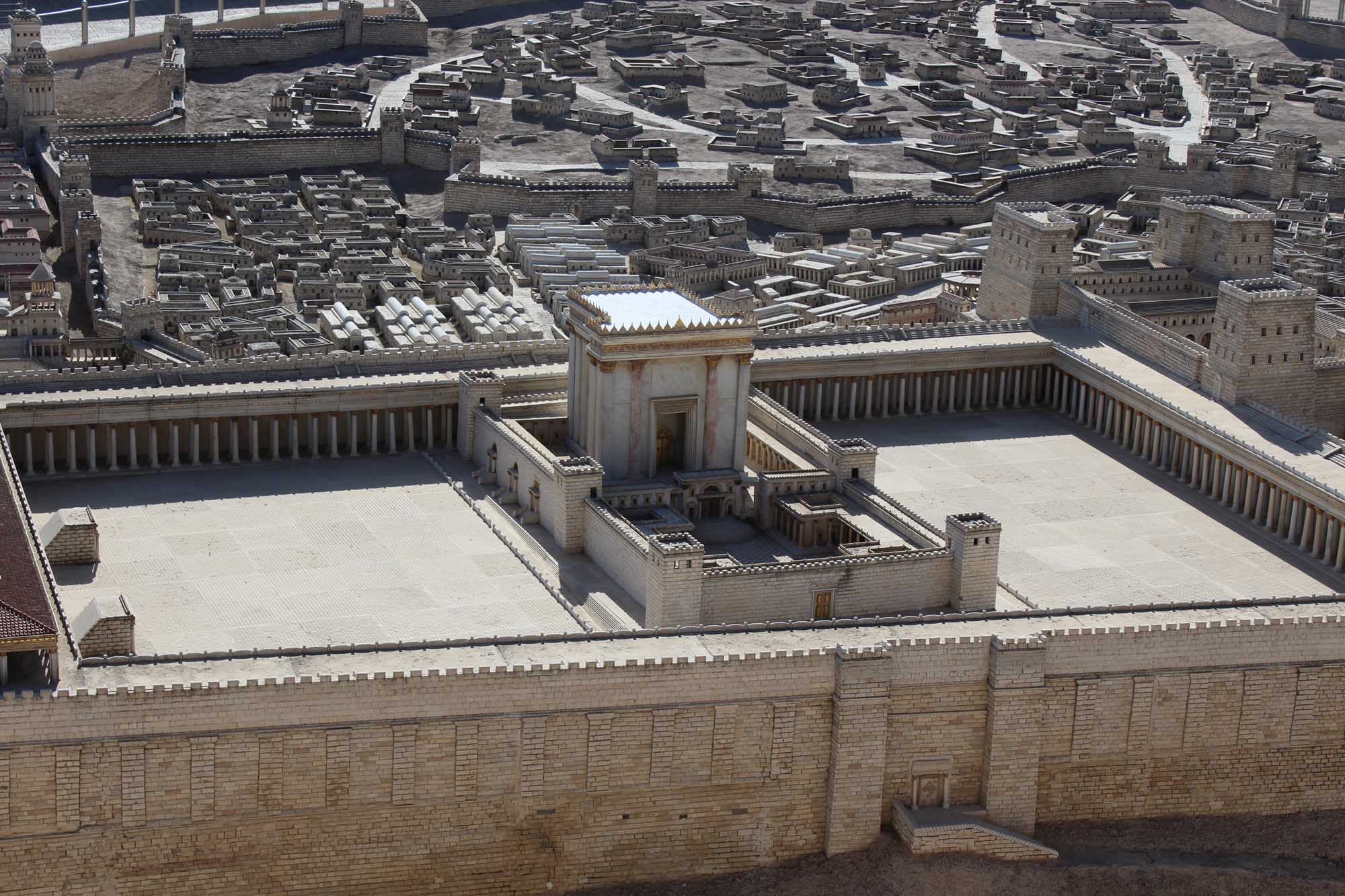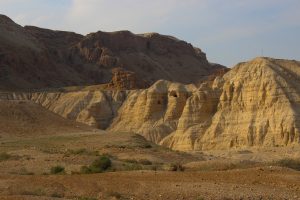In Genesis, God invited Abraham into a special covenantal relationship and promised to make his children into a great nation.[1] Abraham had eight sons, but only one through his wife Sarah. This son, called Isaac, was a child of promise and his birth confirmed the covenant.[2] Isaac’s younger son, Jacob, continued the covenant relationship.[3] God later changed his name to Israel. Jacob had 12 sons: Reuben, Simeon, Levi, Judah, Dan, Naphtali, Gad, Asher, Issachar, Zebulun, Joseph, and Benjamin. During a severe famine, this entire extended family moved to Egypt where they multiplied into a people group of millions, but the Egyptians saw them as a threat and forced them into slavery.
After 400 years of living in Egypt, God called Moses, a descendant of Levi, to lead the Israelites out of slavery so they could worship the one true God. When Pharaoh refused to let them go, God freed them through a series of miracles and his presence remained with them as they journeyed through the wilderness. At Mount Sinai, God provided their leaders with a covenantal system that would establish them as a unique holy nation and kingdom of priests, which included instructions on how to live and build a mobile place of worship called the Tent of Meeting. Levi’s descendants were charged with the responsibility of caring for the Tent of Meeting and performing specific tasks on behalf of the entire nation. The remaining family members were organized into 12 tribes based on their ancestral connections with the sons of Jacob/Israel.
Although God himself wanted to rule as king over the nation, future generations of Israelites expressed a desire for a human king similar to the governance systems of the surrounding nations. God granted their request and established Saul as their first king. When he stepped outside the boundaries of God’s covenant, the Lord gave the kingship to David, who conquered Jerusalem and established it as the permanent center of worship for the nation. God made a covenant with David to establish his descendants as kings over Israel forever.[4]
David’s son Solomon and grandson Rehoboam, however, did not have hearts fully devoted to God, and their disobedience brought judgment and division. Ten tribes were torn away from David’s dynasty and became the separate kingdom of Israel with Samaria as its capital. Judah and Benjamin became known as the kingdom of Judah with its capital city in Jerusalem. Almost two centuries later, Isaiah began delivering God’s messages to the kingdom of Judah.
[1] Genesis 17
[2] Genesis 26:2-5
[3] Genesis 28:3-15
[4] 2 Samuel 7:11-16




